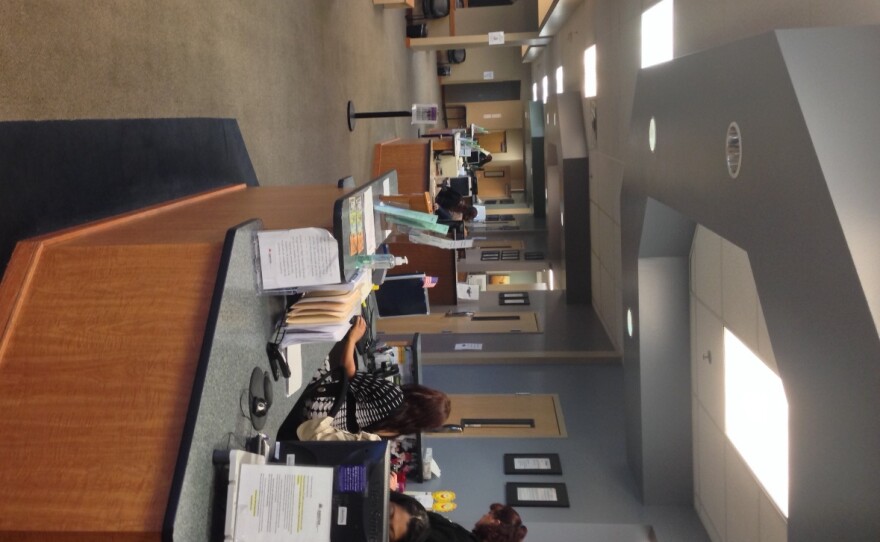More than 300,000 Coloradans have gained health coverage since October 2013, following the launch of the new health insurance marketplace, Connect for Health Colorado. That includes 178,000 new enrollees in Medicaid through the state’s expansion of the program.
All the activity has created a spike in demand that has been tough for many healthcare providers to keep up with.
One institution, the Community Health Center, has been strategically preparing for the surge for several years – expanding clinics and adding providers to meet the need. Colorado has 18 federally qualified health centers, which operate 169 clinics across the state.
“One in eight Coloradans calls a health center their health care home,” said Polly Anderson, COO of , which oversees the state's centers.
Despite the scope and reach of Community Health Centers, many people don’t know exactly what they are or what they do. Anderson says their mission is to care for the medically underserved – regardless of their ability to pay.
“Most patients at health centers – usually about 92 percent – live below 200 percent of the federal poverty level,” Anderson said. “They’re folks who have trouble accessing health care due to, primarily, income issues or lack of insurance.
A third of the state’s Medicaid enrollees use CHCs. “We’re as big as Kaiser; collectively, we’re as big as the hospitals in our reach as far as the health care that we’re providing to Colorado,” Anderson said.
Some health centers are located in cities, while others are in rural areas – where they may be the only provider for hundreds of miles. The CHC model combines many services under one roof - including doctors’ offices, dental services, behavioral health, wellness and nutrition counseling.
One of those centers, , has been operating in Northern Colorado since 1973.
“We were originally focused as a migrant health center,” said Sunrise CEO Mitzi Moran. “We went out and served migrant families and those working in the fields. Over the years we’ve continued to do that, but we’ve evolved into full-scope, comprehensive primary health care.”
With eight clinics in Weld and Larimer counties – and a mobile outreach van – Sunrise provided care to more than 34,000 patients in 2013. A ninth clinic is set to open in east Greeley in Dec. 2014.

Community health centers receive about 20 percent of their funding from the federal government. Moran says Sunrise has been able to expand because of partnerships and grants from other health organizations in the area, including Banner Health, the Colorado Health Foundation, and North Colorado Medical Center.
In order to prepare for the growth in patient numbers, the Colorado Community Health Network began a stateside recruiting campaign in 2011. It focused in particular on recruiting caregivers to work at centers in rural areas. This has helped them get ahead a little bit as the national pool of doctors shrinks -- a trend Colorado is feeling as well.
One of the best strategies they have to attract more providers is a program that repays student loans, said Tanah Wagenseller, Senior Manager of Workforce and Training at CCHN.
Nearly nationwide receive care at more than 1,200 health centers in every state.









